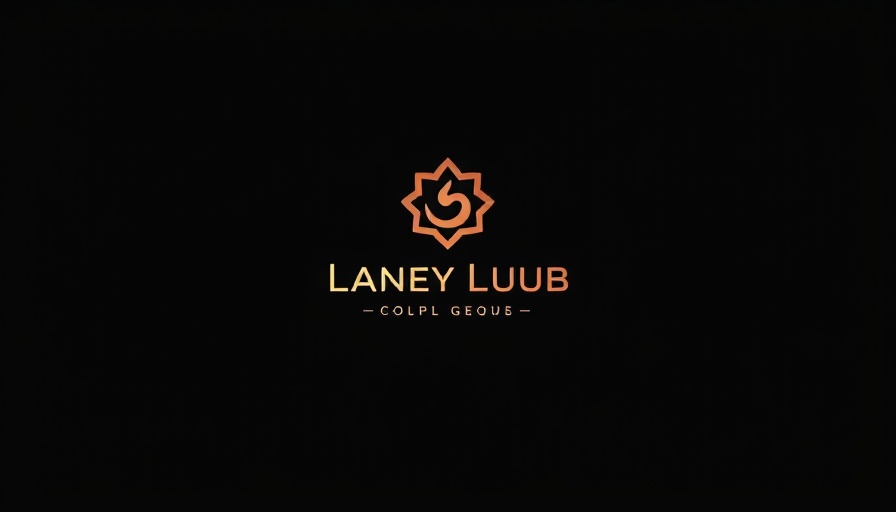
Luxury and Sustainability: N/UM’s Flourishing Identity
At the intersection of luxury and sustainability stands N/UM, a premium gourmet salt brand recently recognized as Oprah Daily's Editor's Choice at the NYNow Winter Market. This accolade does not only signify N/UM's rise in the culinary world but embodies a larger narrative about sustainable consumerism within the food industry.
Artisanal Quality Meets Ethical Practices
N/UM prides itself on its artisanal craftsmanship, ensuring that every batch of salt reflects not just quality, but also a commitment to responsible sourcing. Questions of where our food comes from are more pressing today than ever. In a world grappling with the consequences of climate change and waste, N/UM's approach to harvesting salts from Africa, combined with its toxic-free packaging, provides a blueprint for others in the industry.
The Importance of Social Responsibility
Beyond offering unique flavors that elevate culinary experiences, N/UM seeks to impart social change. Through ethical sourcing and fair trade practices, the brand contributes directly to local economies, empowering small-scale artisans while crafting products that consumers can feel proud to choose. This drive to create social impact places N/UM in alignment with advocating for racial reconciliation, economic equity, and sustainable practices—shaping an image of responsible consumerism.
Engaging the Modern Food Enthusiast
The modern consumer is increasingly driven by more than just taste; they seek brands that resonate with their ethical and social values. By leveraging social media platforms, N/UM educates consumers, offering exclusive recipes and insights into the stories behind their products. This direct engagement fosters a community around intentional cooking and the importance of sustainability, which resonates particularly well among younger demographics increasingly aware of environmental issues.
Anticipating the Future of Gourmet Salt Products
As N/UM expands its retail footprint, the possibilities for its unique offerings seem limitless. The trend toward gourmet and ethically sourced food products continues to grow, corroborating the notion that consumers are willing to invest in quality and sustainability. This positions N/UM not just as a product line but as a part of a lifestyle, instilling deeper conversations about luxury, sustainability, and artistic expression within the culinary arts.
N/UM's Call to Conscious Consumerism
As we look toward a future enriched by diverse culinary experiences, it is paramount to understand the implications of our purchasing decisions. The successes of N/UM should inspire both consumers and businesses to prioritize sustainable practices. By choosing products that promote ethical sourcing and social impact, we contribute to a broader movement of change, ensuring our culinary practices align with our values.
The Journey Toward a Conscious Marketplace
The recognition of N/UM speaks volumes about the potential for a marketplace that values integrity alongside innovation. As professionals across sectors continue to hone their focus on sustainability, N/UM exemplifies how taste and responsibility can coexist. By supporting brands that pursue excellence without harming the planet, we can change the conversation around luxury and significantly impact the environment and society.
N/UM’s journey does not just end with its current accolades; as it seeks to expand its reach, it opens the door for new discussions about luxury, sustainability, and social responsibility—a narrative worth following closely.
 Add Row
Add Row  Add
Add 




Write A Comment